How to better mental health through travel: Seven simple tips that work
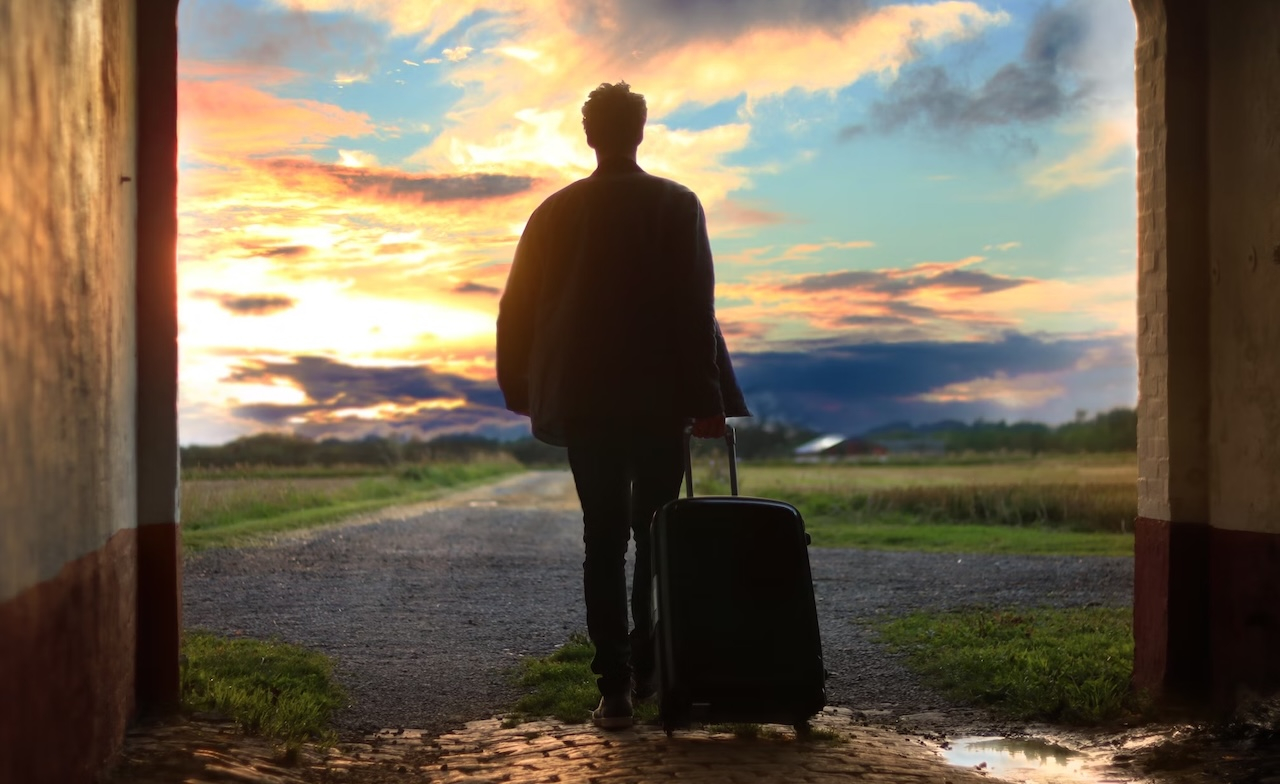
Had an urge to change everything? Leave it all behind, start over, become someone new. While fully satisfying that impulse may not be easy, similar feelings can still be found through travel.
Travel cannot erase problems, no matter how much one might wish it could. What it can do is provide a new perspective. Yet to truly improve mental health through travel, the aim should not be escape.
Travel remains one of the oldest and most reliable ways to reconnect with oneself. Whether walking through a quiet park in another city or climbing the highest mountain nearby, it is important to travel in ways that support mental wellbeing. Here are seven mindful, simple answers to the question “How can travel improve mental health?”
Seven tips on how to better mental health with traveling
Travel can be one of the most effective ways to recharge mentally, but only when approached with the right intention and mindset. The following seven tips can help ensure each journey serves both as an exciting adventure that builds lasting memories and as a form of emotional self-care that restores energy and balance.
Do not abandon routines that support wellbeing
New places, although exciting and pleasant to explore, can disrupt routines. Planes, trains, new people and unfamiliar languages can easily unsettle the balance that has been carefully built. This is especially true for those who tend to feel anxious or easily frustrated.
Some popular mental health tools, such as journalling, meditation or mood tracking, can be difficult to maintain while travelling. However, with internet access and a smartphone, it is possible to visit https://breeze-wellbeing.com/ and use the same trusted, evidence-based exercises for better mental health with minimal equipment and time.
Consistency is key to mental health. Even far from home, in the most unusual circumstances, comfort remains essential. It serves as a reminder that, regardless of how much the surroundings change, the sense of self endures.
Plan ahead, but not too much
Having a structure is comforting, and preparing for popular destinations is essential. However, overplanning can turn travel into a stressful list of tasks. Further guidance on stress management and frustration tolerance can be found in the article. In the meantime, start with the essentials:
-
Know where accommodation is located.
-
Become familiar with the main roads, especially those leading to the hotel and, if possible, the embassy.
-
Make a note of a few key places to visit.
Leave some open space in the schedule – it will be needed more than expected. Spontaneous experiences, rather than strict itineraries, are often what travellers remember most. Planning can ease anxiety, but genuine joy comes from flexibility. Aim for balance between the two.
Leave space for spontaneity
The best moments of a trip cannot be predicted, and that is part of the beauty. Perhaps it is a local resident inviting a dance, a café not listed on any map or an unexpected conversation with a guide that changes one’s perspective.
Psychologists refer to this as “positive unpredictability,” shown to increase dopamine and happiness. Allow curiosity to lead the way. Take a wrong turn intentionally. Spot a building not on the planned route? Now it is. Control remains in the traveller’s hands — make use of it.
Learn about the culture around
One of the things that better mental health during travel is seeing how other people live. For those feeling stressed about the future or uncertain about living “the right way,” such experiences can be enlightening. There is no single correct way to live.
Watch how local people interact, eat, celebrate and rest. Try a traditional dish, even if it is not something usually chosen. Learn a few phrases in the native language. Cultural immersion broadens empathy and strengthens adaptability, both of which are key elements of mental resilience.
A gentle reminder: not every new experience must be loved. There is no need to force enjoyment — being open-minded and non-judgemental is enough.
Be sentimental
Do not be afraid to feel emotional about experiences. Sentimental moments are often seen as unusual or weak, but they are not. Those who hold such views are often afraid of vulnerability, yet vulnerability itself is a form of beauty.
Take a stone from a park that brought happiness, throw a coin into a fountain and make a wish, or keep ticket stubs from a favourite museum. Small sentimental rituals like these help build positive emotional memories and a sense of nostalgia. For anyone unsure where to start, try creating playlists of songs heard during the trip. Each time those songs play in the future, they will bring a pleasant feeling of nostalgia.
Managing anxiety before it takes control
Travel is exciting, yet it comes with unpredictability. For those who know anxiety can appear unexpectedly, preparation is essential.
The most effective approach is to speak with a therapist or mental health professional before travelling. They can provide grounding techniques and coping strategies to manage anxiety, frustration and uncertainty.
If in-person sessions are not possible or certain feelings become difficult to handle while away, consider online support. For instance,Breeze Mental Health Health offers tools to promote inner calm, including journalling, mood tracking, routine building and affirmations. Anxiety does not pause for holidays; there is no “right time” to feel overwhelmed, and it cannot simply be chosen away.
Forget the “must-see-it-all” mindset
There is no need to visit every landmark or fill each day with activity. Travel is not about collecting places but about collecting experiences that hold meaning. There should be no sense of obligation to visit a centuries-old building if it does not inspire genuine interest.
Release the pressure to “get the most out of” a trip. That mindset, rather than preventing burnout, often increases it. Spending an afternoon in a quiet café instead of rushing through several museums is entirely valid. The most meaningful journeys are those that leave one rested and reconnected, not exhausted.
The world is not going anywhere. There will always be opportunities to return and explore more.
Benefits of traveling for better mental health
-
Diversifying routines. Experiencing new places and breaking repetitive habits enhances the brain’s adaptability. The more novelty encountered, the easier it becomes to manage life’s unpredictability on returning home. Just as the immune system strengthens through vaccines, the brain strengthens through travel.
-
Preventing burnout. New environments activate the parasympathetic nervous system, also known as the “rest and digest” mode. This state allows the body to recover, offering a temporary pause from persistent stress or overthinking.
-
Anticipation. Looking forward to an upcoming journey already boosts dopamine levels. Even before departure, the mind experiences the pleasure of expectation. Planning a trip can be as rewarding as the travel itself.
-
Self-confidence. Navigating airports, exploring unfamiliar streets and communicating in another language foster a sense of competence. Managing challenges abroad reinforces the belief that other difficulties can also be overcome.
-
Cognitive flexibility. Exposure to diverse customs and perspectives challenges assumptions and broadens problem-solving skills.
-
Empathy. Observing how others live promotes tolerance and emotional intelligence, nurturing a deeper understanding of human experience.
Conclusion: The right to feel good anywhere
There is life beyond daily routines. While some people worry about sounding polite in an email, others enjoy siestas. Travel serves as a reminder that life holds much more. It encourages movement beyond the familiar.
Each new destination offers the mind a chance to reset. Every sunset, every newly learned word provides proof of strength and growth. Whether it is a brief weekend escape or a long-awaited adventure, travel becomes a way to rediscover the self. So pack lightly, stay kind to oneself and let the world reveal its healing nature.
The editorial unit

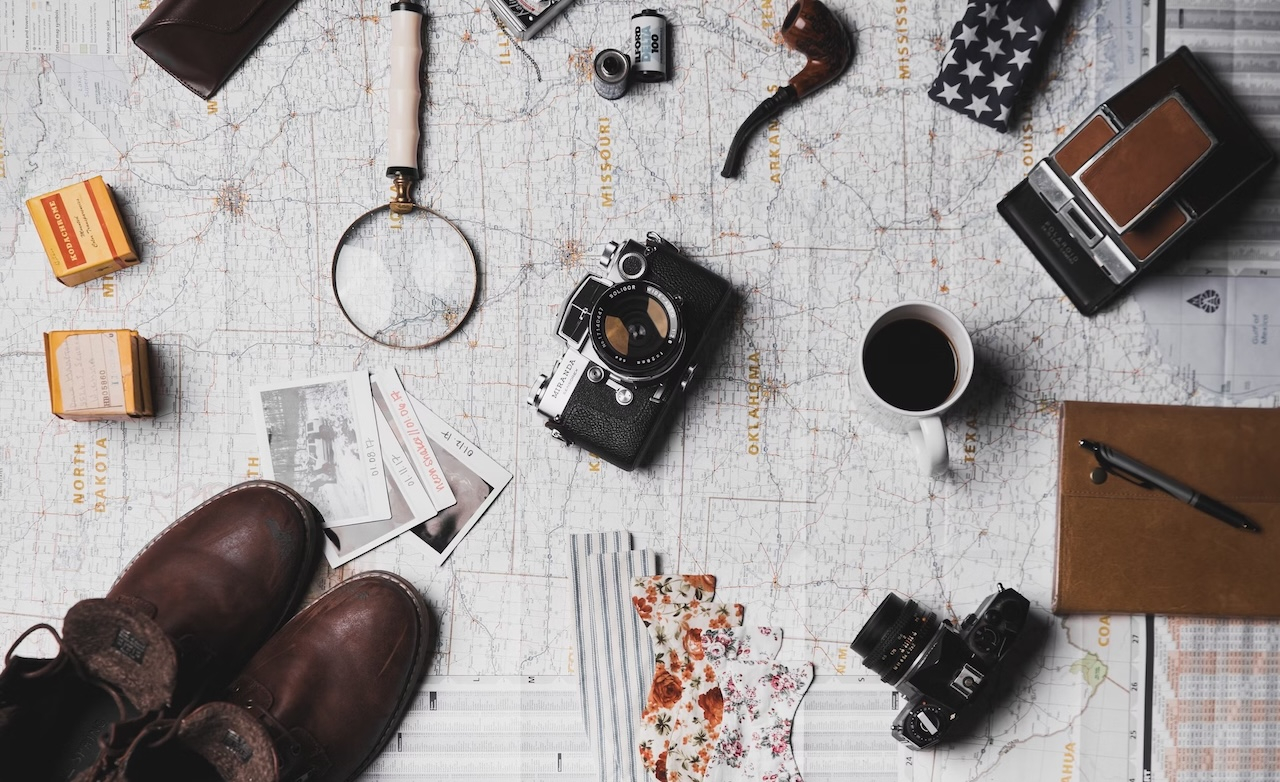
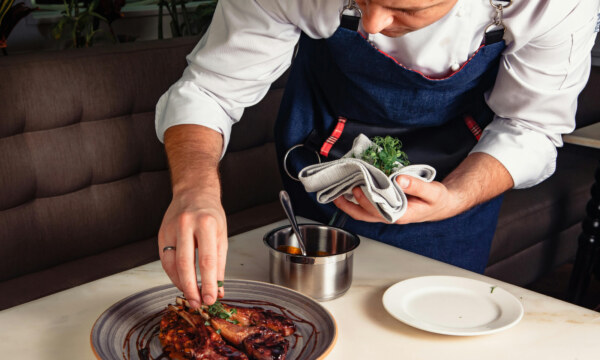
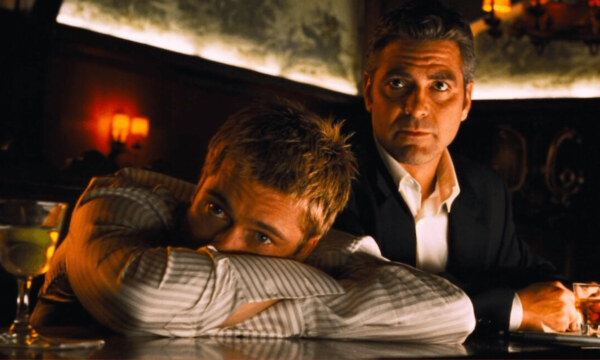


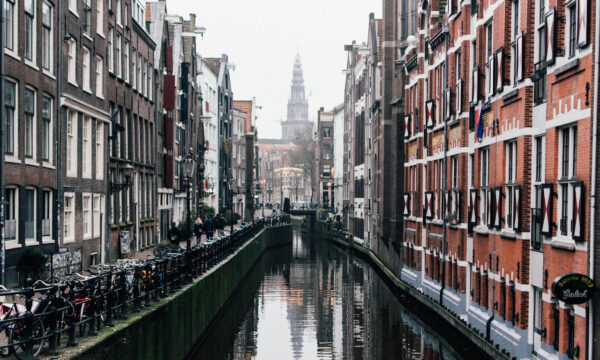


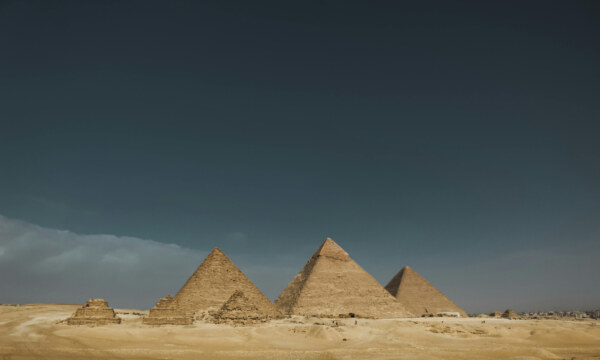
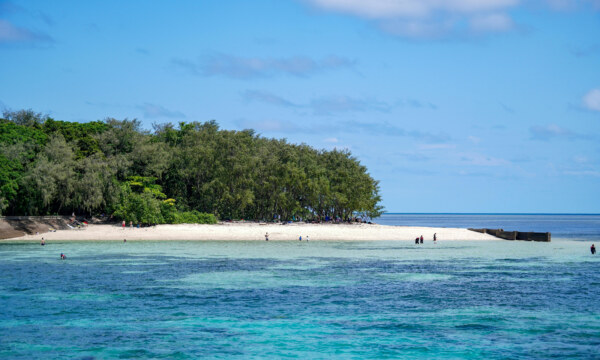


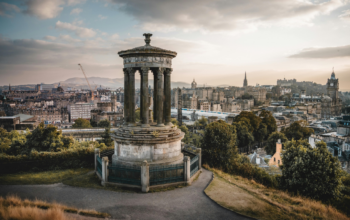






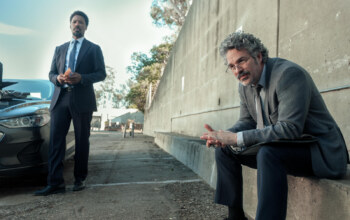





Facebook
Twitter
Instagram
YouTube
RSS